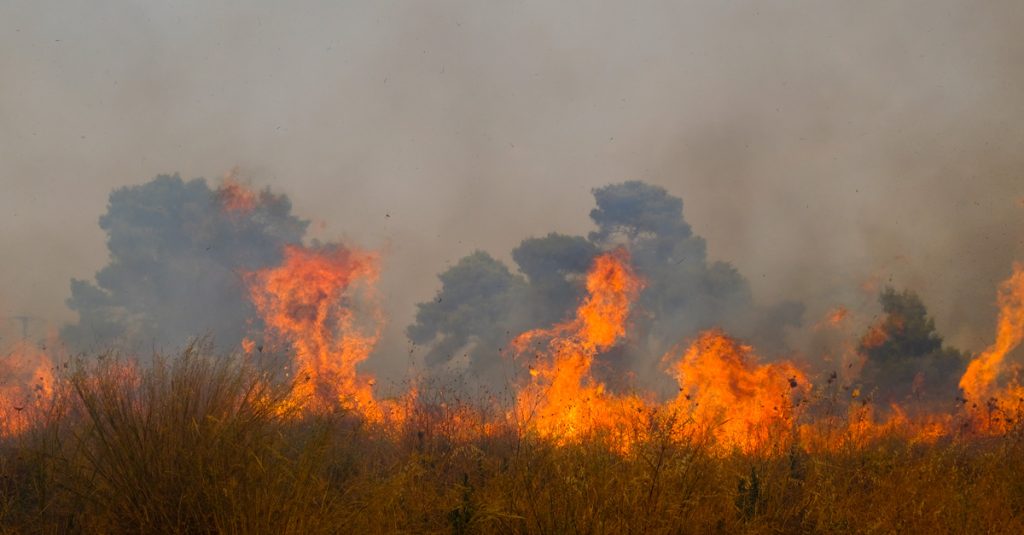A new study by the European Travel Commission (ETC) underscores the mounting difficulties faced by the global tourism sector. Increasingly frequent and severe crises are pushing resilience from a luxury to a necessity.
The sector is notably vulnerable to extreme weather events, geopolitical conflicts, and technological failures. These disruptions demand urgent and coordinated action from all stakeholders. This article delves into the key findings and implications of the ETC report.
Tourism and Global Crises: A Vulnerable Sector
The European Travel Commission (ETC) recently released a comprehensive study titled “Crises in Tourism: Impacts and Lessons from European Destinations,” highlighting the pressing challenges facing the tourism industry. The analysis underscores how global crises have intensified in frequency and severity, impacting tourism more than other sectors.
According to ETC president Miguel Sanz, tourism remains one of the most vulnerable industries. He stated, “Tourism is among the industries most susceptible to the ripple effects of global crises. Resilience is no longer a luxury but a necessity.” This perspective stresses the importance of building robust systems to withstand potential shocks.
Impact of Climate Change and Natural Disasters
The report highlights that extreme weather and natural disasters are major threats to tourism. Climate change is causing unpredictable weather patterns, with some areas experiencing heatwaves and droughts, while others face widespread flooding.
An illustrative example is the unexpected severe rainfall in Dubai, which saw a year’s worth of precipitation in just 12 hours, leading to airport shutdowns. Such events underscore the unpredictable challenges posed by climate change to tourism.
In 2023, Europe experienced its largest recorded wildfire and one of the wettest years to date. These events illustrate how environmental crises threaten not only tourism but also wider socio-economic stability.
Socio-Political Crises and Cyber Threats
Tourism’s sensitivity extends beyond natural disasters to include socio-political unrest, terrorism, and cyber-attacks.
The increase in these threats has been noted across various destinations, necessitating prepared and flexible response strategies. These include implementing effective communication channels and ensuring visitor safety. The report argues that all regions must enhance their preparedness against these threats.
Post-Covid recovery rates suggest resilience in tourism demand but disguise underlying vulnerabilities at national and local levels. This highlights the need for comprehensive risk assessment and management strategies to bolster long-term resilience.
The Role of National Tourism Organisations
National Tourism Organisations (NTOs) play a pivotal role in managing crises. The ETC report includes a crisis management checklist designed for NTOs to coordinate government and industry responses effectively.
Despite recognising the importance of their role, many NTOs delay the critical planning and preparation necessary for effective crisis management. This tendency is a significant concern, as proactive planning is essential for mitigation and recovery.
The checklist recommends ensuring accurate messaging, analysing data, and overseeing visitor safety as fundamental aspects of crisis management for tourism bodies.
Economic and Social Implications
Economic stability and social cohesion are strained by frequent crises, as highlighted by the ETC study.
The disruption of tourism impacts various economic sectors, affecting jobs and communities that rely heavily on this industry.
Ensuring resilience in tourism is vital not only for the sector itself but also for broader economic health and social stability. This calls for strategic investments in sustainable practices and infrastructure to mitigate future risks.
Strategic Recommendations for Resilience
The ETC report suggests strategic recommendations to enhance resilience within the tourism sector, focusing on collaboration with local communities and the adoption of technology.
Investments in sustainable energy and infrastructure are crucial for long-term viability. The report emphasises the importance of technology in improving crisis response and communication strategies.
Embracing these recommendations can fortify tourism against future global challenges, ensuring the sector’s sustainable growth and contribution to global economies.
Conclusion and Future Outlook
In conclusion, the tourism industry faces growing challenges due to global crises. The ETC report provides critical insights into these issues and offers strategic guidance for enhancing resilience.
The future stability of the tourism sector hinges on the implementation of effective crisis management strategies, sustainable practices, and technological advancements.
The ETC’s findings highlight the urgent need for robust crisis management and strategic planning within the tourism sector. Addressing these issues is paramount for safeguarding the industry’s future.

